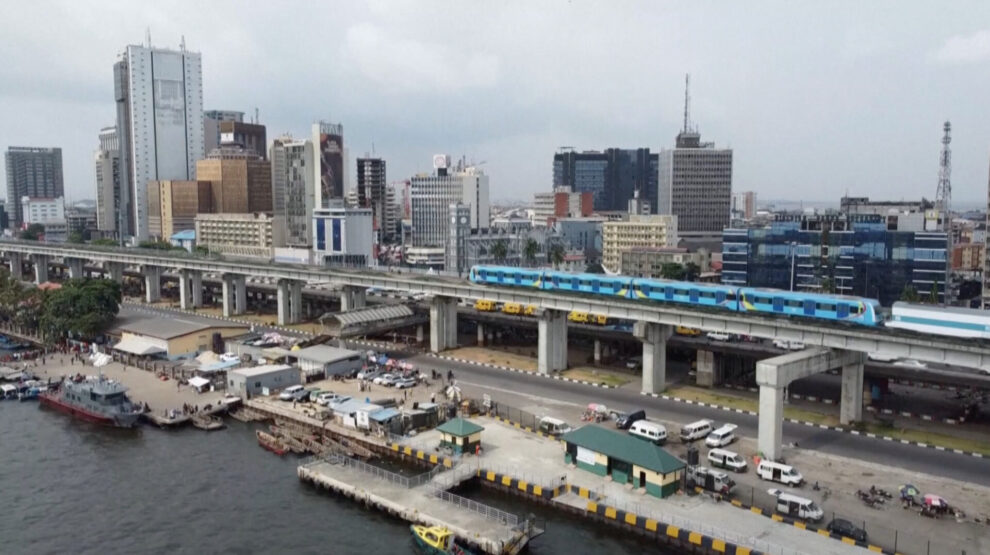Nigeria’s commercial capital Lagos on Monday began the first of commercial operations for its Blue Rail Line project.
Lagos State Governor, Babajide Sanwo-Olu, joined fellow Lagosians and state officials in celebrating the official launch of commercial operations for the Lagos Blue Line rail.
The long-awaited commencement date, which had been postponed multiple times, is expected to provide significant relief to the people of Lagos.
One passenger who had the opportunity to ride on the train exclaimed, “It was a very smooth experience, everything was organised and there was, I like it, it was very organized actually”.
An engineer Joseph Akinpelu said “it will allow people to be able to reach their destination faster and reduce the environmental pollution because it’s run by electricity” . Akinpelu added that “it will make transportation more seamless, and more comfortable”
The rail system is projected to serve a daily ridership of at least 250,000 individuals, bringing substantial reductions in travel time along the Mile 2-Marina corridor within the state.
With a population of over 20 million residents, the state has become synonymous with chaotic traffic situations.
The Blue Rail Line project was conceived as an innovative mode of intra-city commuting, with the specific aim of transitioning the state away from its heavy reliance on a single transportation mode, for which it has been known.
Babajide Sanwo-Olu said many residents of the state could use the metro with their payment cards used for public transport means. _**”Almost 4 million citizens have the Cowry card already and so this Cowry card will be used on the train” **_the governor said. He also announced a 50 per cent slash in rates of the Blue Line.
The first phase of the network, Phase I of the Blue Line, was originally slated for completion in 2011. However, construction has faced numerous delays due to funding shortages and changes in government leadership.
Upon full completion, the entire 27km Blue Line is expected to transport approximately 500,000 passengers daily, further alleviating the transportation challenges faced by Lagosians.
Source : Africa News
















